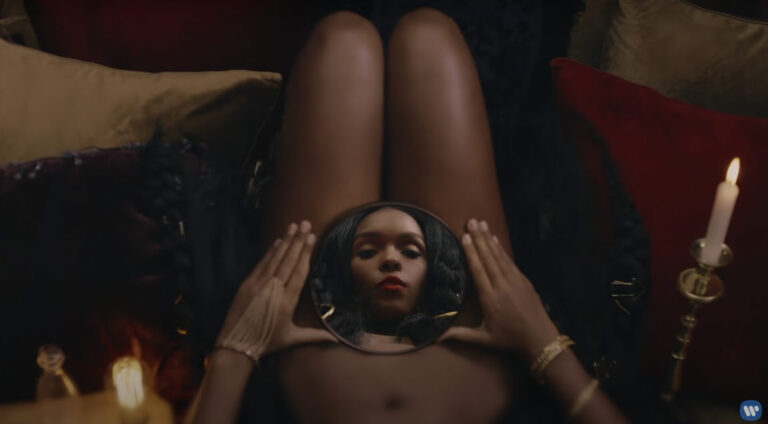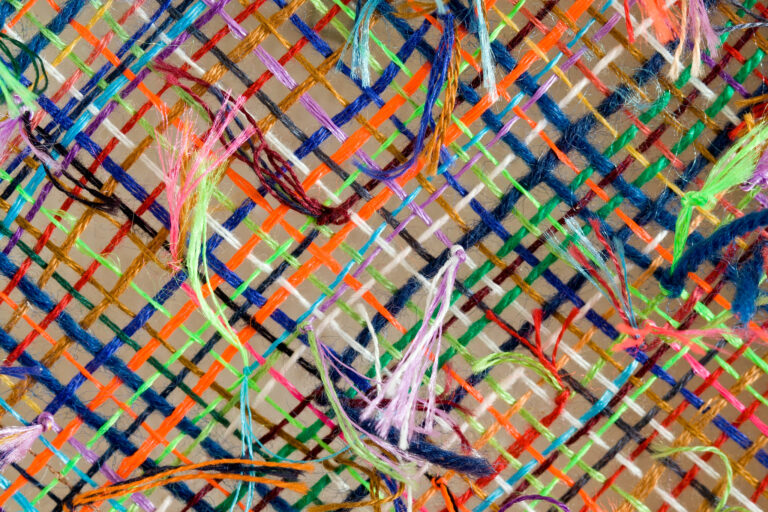In this article, I use alter egoing as a heuristic, a method for solving the problem of the evolving alter egos of Black women in popular music. When alter egos are analyzed through this lens, the refashioning of artistic imaginaries become legible as intellectual labor. The intellectual labor that Janelle Monáe primarily provides are critiques of notions of womanhood and Blackness in the United States. I understand Monáe’s alter egoing as a reaction to the affective political strategies mobilized in US electoral politics. Former President Barack Obama developed an affective strategy based on his personal brand of optimism, first presented in his book The Audacity of Hope (2006). He developed his signature optimistic politics while he was a senator and he continued to promote his “audacious hopefulness” into his 2008 presidential campaign. Former President Donald Trump’s 2016 presidential campaign also utilized an affective political strategy, as he rallied his supporters around culturally white (male) nostalgia with the cry, “Make America Great Again.” I track the affective evolution of Monáe’s alter egoing from pessimism to optimism in the context of the anti-Black populisms of the post-Obama era (2016–), culminating in a close reading of her 2018 album, Dirty Computer. In identifying Monáe’s troubled relationship with notions of normative identity through her first alter ego, I evaluate the relevance of posthumanism and Afrofuturism, which scholars have used to critique American notions of race, gender, and sexuality. In analyzing the shift in affect from her first alter ego to her most recent, I detect in Monáe’s alter egoing a critical optimism, a disidentifying strategy that begins to take shape in Dirty Computer.
Keyword: Afropessimism
Review of The Black Shoals: Offshore Formations of Black and Native Studies by Tiffany Lethabo King (Duke University Press)
In this ambitious first book, Tiffany Lethabo King disrupts what she sees as settler-colonial studies’ tendency to privilege the settler/conquistador as the ethical subject of Western theory. To do so, she undertakes the urgent work of considering historical, ceremonial, imaginative, and theoretical ways that Native and Black studies intersect and overlap within the North American context. Drawing in particular upon Afro-pessimism (for instance Frank Wilderson, Saidiya Hartman, Katherine McKittrick, Alexander G. Weheliye, and Sylvia Wynter) as well as Native studies’ refusal of sovereignty as a political, ethical, and material formation (Audra Simpson, Glen Coulthard, Jodi Byrd, and Andrea Smith), King joins the likes of Tiya Miles in seeing as insufficient any account of settler colonialism or Western humanism that does not consider how Black and Native epistemologies and histories intersect.
Debord in Watts: Race and Class Antagonisms Under Spectacle
In this paper, I explore Guy Debord’s analysis of race and racializing processes by closely examining the use of footage of the Watts rebellion in Debord’s film The Society of the Spectacle (1973), along with a close reading of Debord’s 1965 text on the uprising, “The Decline and Fall of the Spectacle-Commodity Economy.” Debord’s Marxist perspective on Watts understands the insurgents as potential revolutionary actors, primed for a “second proletarian assault against class society” (SotS, Thesis 47). To complicate Debord’s position, I look at the similarities and differences between his stance and the emergent theoretical paradigm of Afropessimism, which understands anti-black violence not as contingent upon capitalist alienation but instead as gratuitous violence required to uphold the figure of Humanity within civil society.
Ante-Anti-Blackness: Afterthoughts
Sexton sees to ask again about the tension between what has been coined afro- pessimism and black-optimism or what black intellectuals long have discussed as life after or in the social death of slavery. Taking up the arguments of a number of these intellectuals, especially those most recently offered by Fred Moten, Saidiya Hartman and Frank B. Wilderson, Sexton proposes that we stay on the fine line, here between optimism and pessimism, between life and death. For the optimists, the refusal of this identification is an insistence on ‘black agency being logically and ontologically prior’ to a social order that is anti-black, prior to a governance that turns blackness criminal and therefore calls for an affirmative politics of fugitivity. On the side of pessimism, is the longue duree of social death in the ongoing history of slavery and anti-black racism, if not racism generally. It is blackness theorized as ‘a structural position,’ ‘a conceptual framework,’ and ‘a structure of feeling.’ On the fine line between this pessimism and this optimism, Sexton argues that a question arises as to how to approach this social life in social death while enabling new means of thoughtfulness or mindfulness in living, in studying, in the University and elsewhere. Sexton borrowing from David Marriott argues for ‘the need to affirm affirmation through negation…not as a moral imperative…but as a psychopolitical necessity.’


